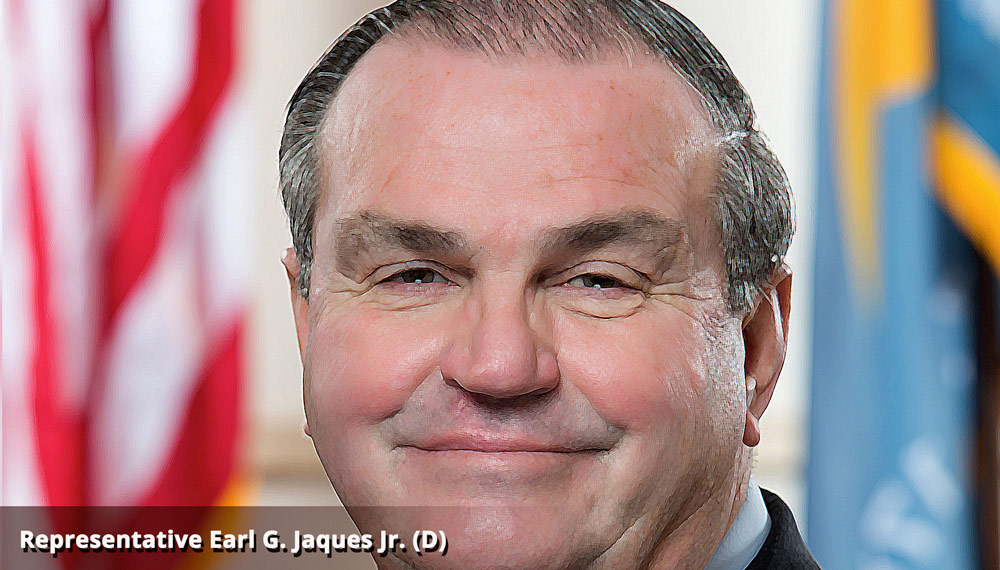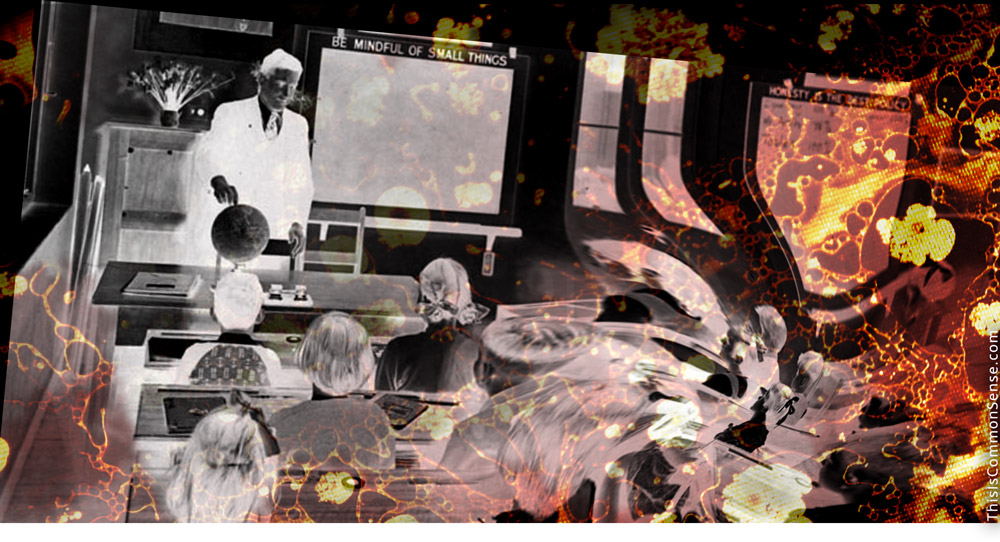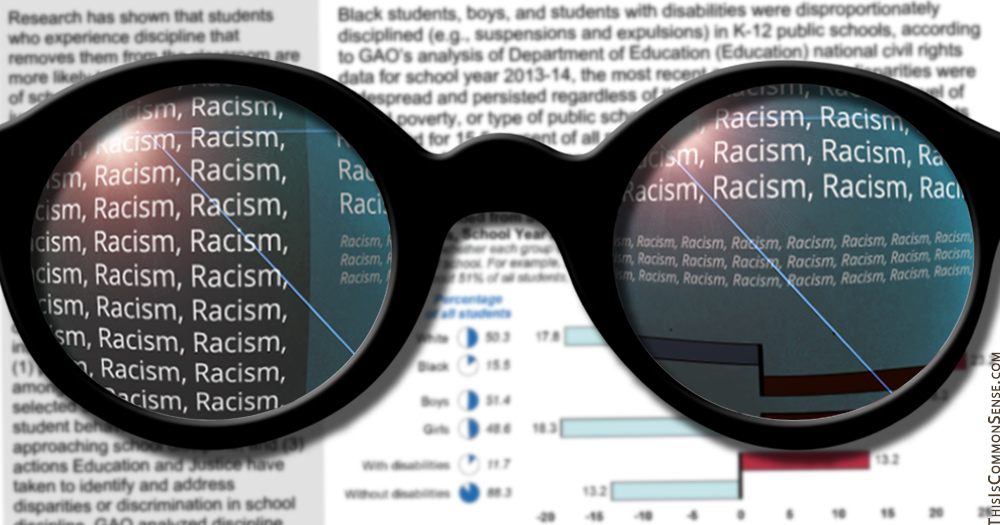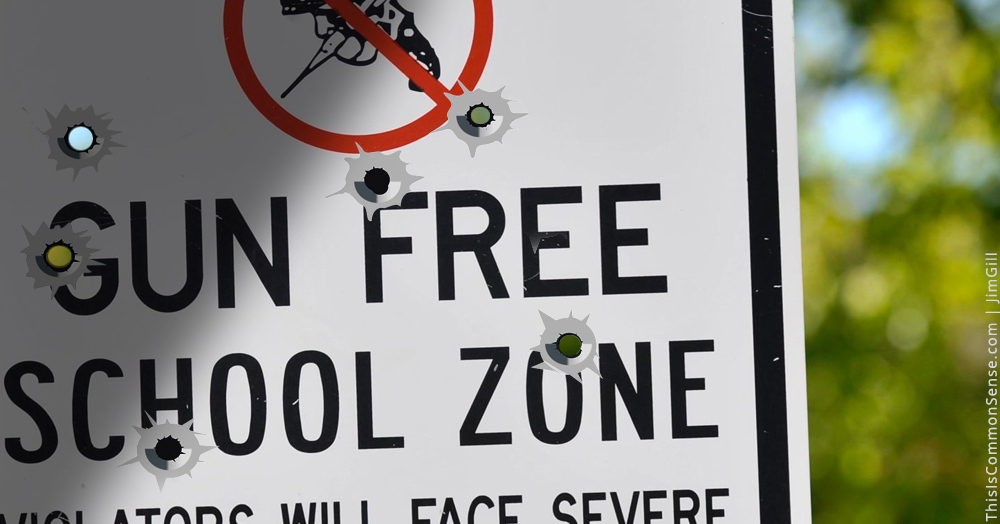There is a big problem with Delaware school districts asking voters for additional tax money via ballot referendums. You see, sometimes the people don’t vote the way school officials and politicians want.
Have no fear: Rep. Earl Jaques (D-Glasgow) has authored House Bill 129 to solve this thorny problem.
“This bill creates a mechanism,” its official summary reads, “by which school boards may increase funds for a school district both with and without a referendum.”
Meaning, of course, without a referendum . . . since current law requires a public vote.
“That way, [school districts] know the money is there if they need it, and they don’t abuse it because they know it’s there,” explained Jaques. “The problem with the referendum system is that they have to ask for more than they actually need, because they know it’s going to be a long time before they can come back.”
“Despite his assurances that the system would not be abused,” the Dover Post reports, “technically, school districts could raise taxes by 2 percent each year.” Or by any increase in the Consumer Price Index, whichever is higher.
Inexplicably, three stories — in the Dover Post, Newark Post and Delmarva Now — told readers it was the “lower” of the two. The bill clearly says the “higher.” Odd that media outlets would not grasp the ever-so-subtle difference between the words “higher” and “lower.”
“Everybody’s in ‘Panicsville,’ but it’s really not that way at all,” offered Jaques. “We, my colleagues in the legislature and I, could raise your income tax right now, and what’s your recourse? Vote us out at the next election.”
Excellent advice.
This is Common Sense. I’m Paul Jacob.

—
See all recent commentary
(simplified and organized)










